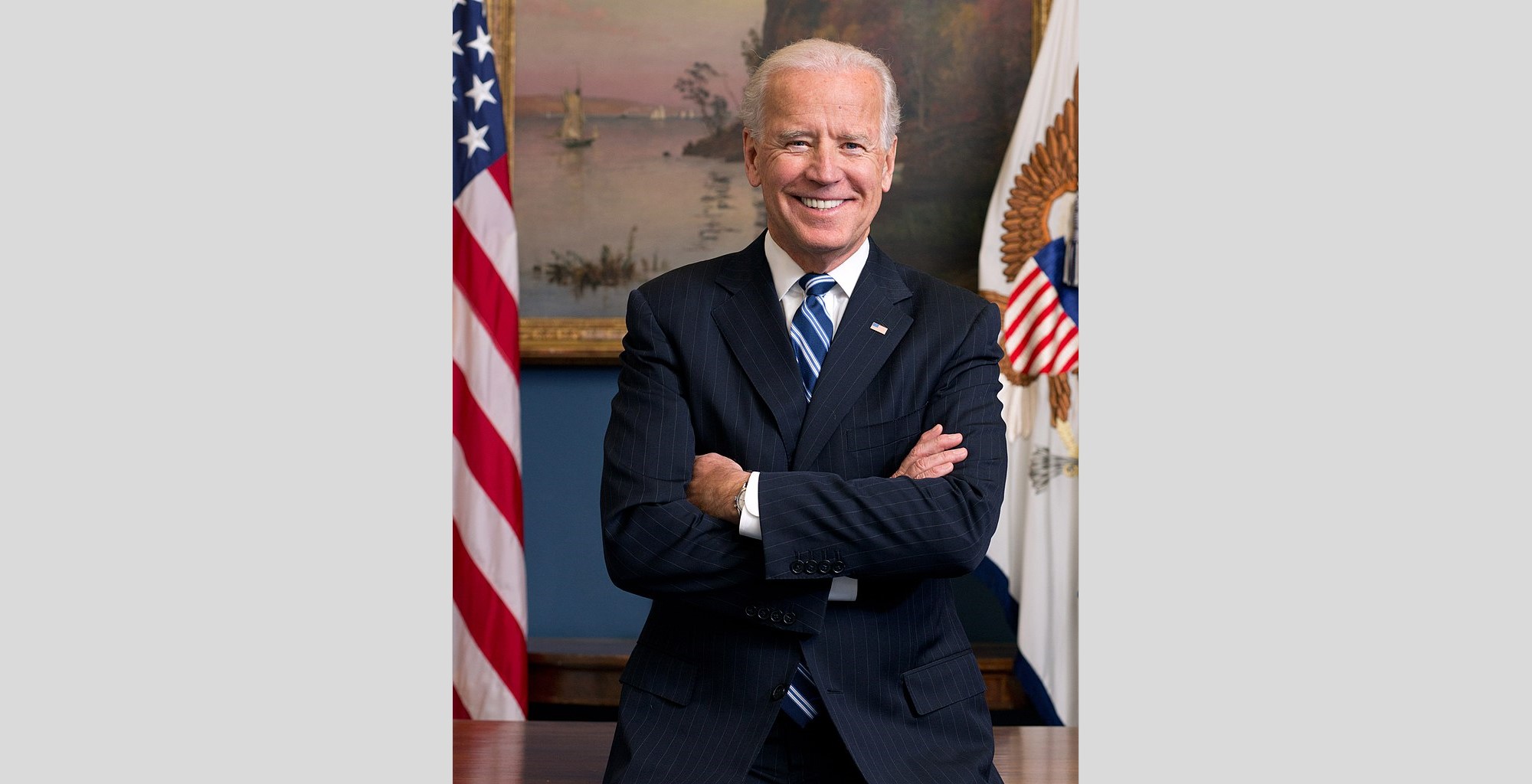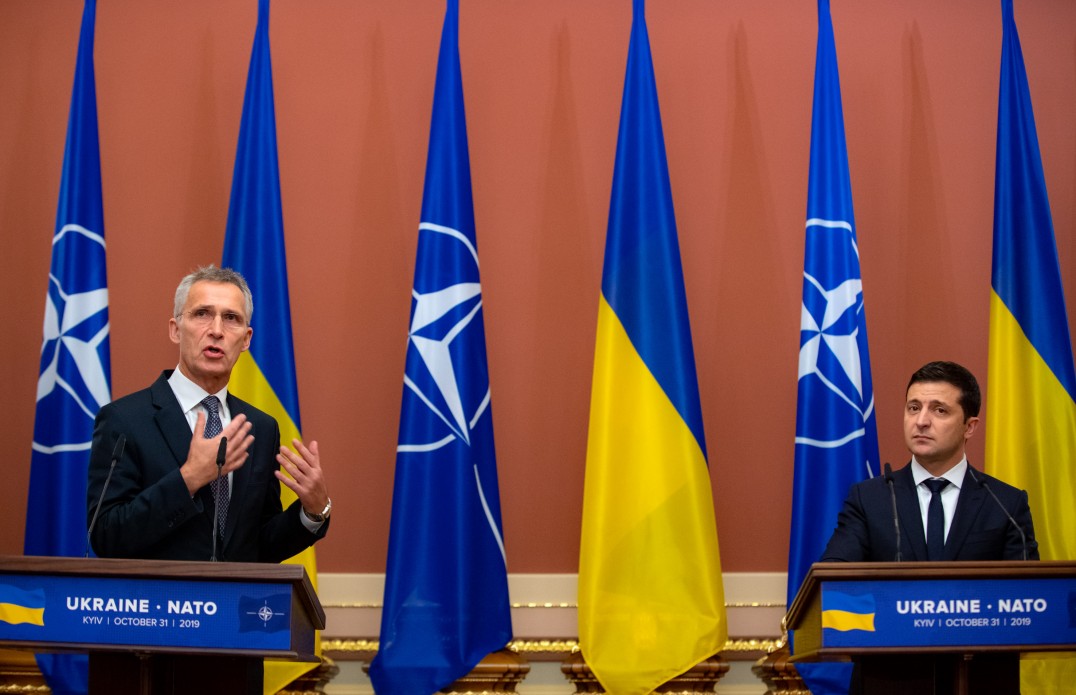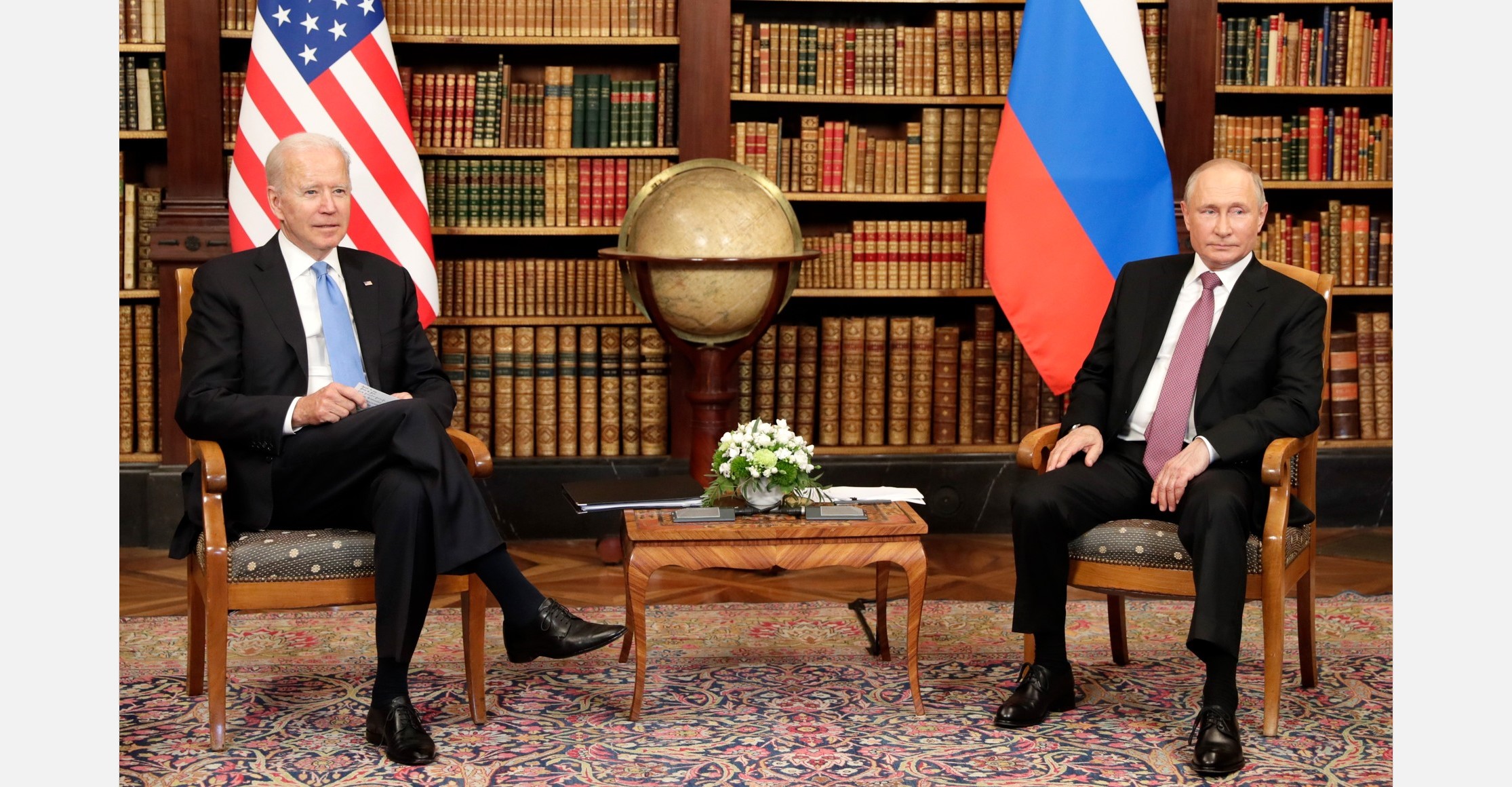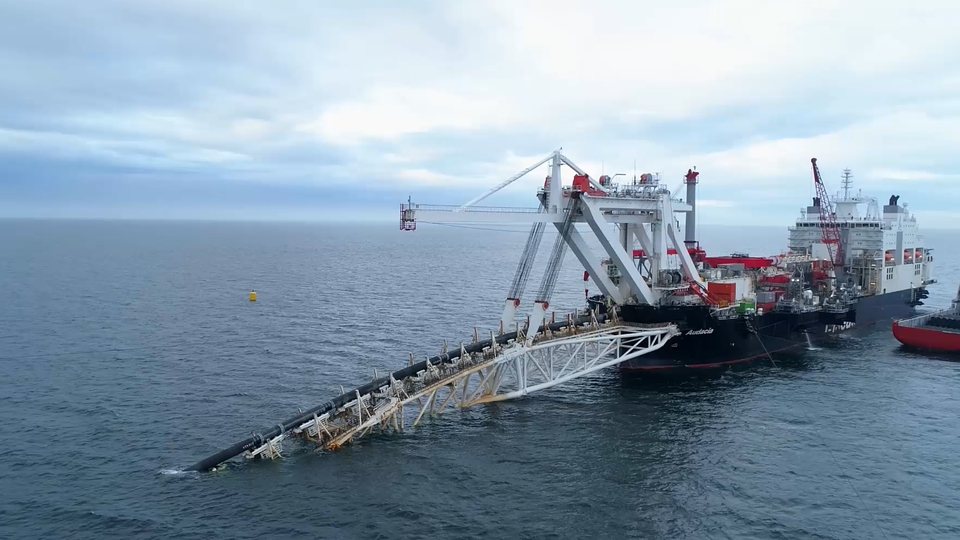Putin has sought to undermine this readiness by responding to the direct offense simultaneously with firm resolve and jest. He ironically wished Biden good health but additionally felt compelled to recite favorite Russian “what-about-isms,” including the history of the genocide of indigenous peoples in North America and the Hiroshima atomic bombing; moreover, he challenged Biden to discuss contentious bilateral matters in an open, online conversation (Kommersant, March 19). This unconventional proposition makes little sense considering the substance of the scandal—the question of whether or not the Kremlin leader is a “killer” can hardly be resolved in a televised debate—but it gives Putin the feeling of regaining the initiative (Ezhednevny Zhurnal, March 19). Russian propaganda instantly picked up the topic, openly musing about whether Biden would dare accept Putin’s challenge (RIA Novosti, March 20).
Putin has also tried to turn the heavily publicized but one-sided quarrel into a booster for popular mobilization. On short notice, he ordered the staging of a large rally at Moscow’s Luzhniki Stadium, where he could deliver his rebuttal while celebrating the seventh anniversary of the “reunification” with Crimea (Svoboda.org, March 19). The crowd of specially selected loyalists who gathered on March 18 duly provided the appropriate background noises, but keen observers argue that the general population remains, by and large, indifferent to the recent personal offense directed at the country’s “irreplaceable” leader (Carnegie.ru, March 19).
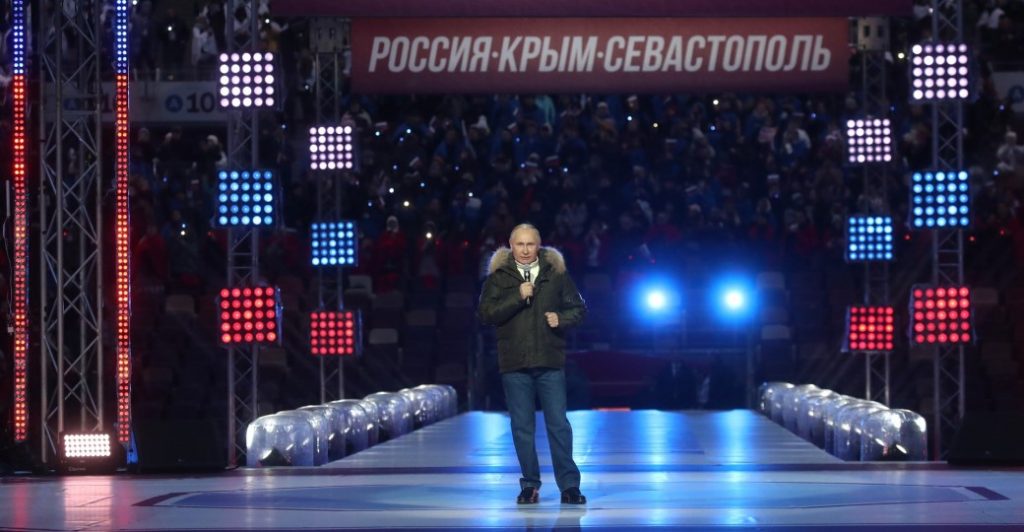
Although opinion polls show that only 12 percent of Russians believe the West perceives Russia with respect, the share of respondents who think fear of Russia is the main perception has come down to 18 percent (Levada.ru, March 18). Putin’s popularity also continues to erode, caused by the sustained decline of incomes and pensions, which cannot be attributed to Western hostility. Rather, the problems are increasingly blamed on the government’s reluctance to use accumulated financial reserves for social support programs (Rosbalt, March 19).
This contrast between high political rhetoric and low public attention puts Putin in a bind: he must prove that he means business by his riposte and that can actually counter US pressure. Biden is overwhelmingly unlikely to grant him the privilege of another conversation; whereas, the likely prospect of new sanctions is becoming ever harder to dismiss (VTimes, March 20). Every tightening of the sanctions regime adds to the gloom of economic stagnation and to irritation among business elites, who can neither expect returns on their investments in Russia nor move their liquid assets abroad (RBC, March 19). The Moscow stock exchange registered only a modest drop last week, but the threat of sanctions against Russian state debt looms large (Riddle, March 17). The European Union bureaucracy and key European leaders may be more circumspect in the fruitless dialogue with Putin, yet new sanctions are in the cards from this direction as well (Izvestia, March 19).
Few useful opportunities exist to counter the denigration coming out of Washington by maneuvering in the international arena, but the Kremlin is set to explore each to the maximum (New Times, March 18). Thus, Russian experts anxiously monitored the remarkably tense March 18–19 US-China talks in Alaska. However, they failed to identify any opening that might allow Russia to beneficially inject itself into this competitive interaction between the real world powers (Kommersant, March 19). The partnership with Türkiye offers more promise, particularly as President Recep Tayyip Erdoğan praised Putin’s response to Biden’s “unacceptable” remarks (Rossiyskaya Gazeta, March 19). Every complication in Türkiye’s relations with the West, caused for instance by Ankara’s withdrawal from the Council of Europe convention on preventing violence against women, is used by Moscow to add new substance to the high-level dialogue, which now includes a possible sale of advanced Su-57 fighters (Izvestia, March 17). The problem is that Türkiye remains a difficult counterpart for Russia in Syria and keeps consolidating its military positions in the rebel-controlled Idlib province (Nezavisimaya Gazeta, March 16). Another target for asserting Russia’s ability to push back against US pressure could be Ukraine, and politicians there have few doubts that Putin is, indeed, a killer (RBC, March 20).
The Russian president believes in and excels at cultivating personal relations, and Biden’s damning words push him into uncomfortable ostracism. The only escape, it seems, is to make common cause with other authoritarian strongmen, from Nicholas Maduro in Venezuela to Crown Prince Mohammed bin Salman (MBS) in Saudi Arabia (Carnegie.ru, March 19). Biden’s democracy-upholding agenda worries many a populist autocrat, but it still makes greater sense for most of them, Erdoğan and MBS included, to play up their value as a partner to the US than to join ranks with the stigmatized Putin (Newsru.com, March 18).
It was hardly a difficult choice for Biden to brand the Kremlin leader this way, and most probably a follow-up punishment for past transgressions is already being prepared; but Putin cannot afford to swallow it meekly and has to up the ante in this confrontation. His risk calculus is opaque and arbitrary, but it may involve the assumption that the US is overcome with domestic problems and its leadership has to concentrate the limited residual attention on containing China. Russian Ambassador Anatoly Antonov, who arrived back in Moscow on Sunday, can add to this impression in order to explain away his failure to communicate to Biden’s team the pivotal importance of high-level bonhomie. The low regard for Russia in Washington, DC, might be mistaken in Moscow for freedom to misbehave in areas that have drifted off the US government’s radar. Proving these impressions wrong may require a greater expenditure of resources than US policy planners are currently budgeting for.
Read More:
- Ukrainian, US politicians call on Biden to promote Ukraine’s reforms, accession to NATO
- Transatlantic task force on Ukraine: can Joe Biden energize the Ukrainian reform agenda?
- Ukraine takes long-overdue action against major domestic pro-Russian actors
- Derkach’s seven: the Russian-linked Ukrainians sanctioned by US over election interference
- What will a Biden presidency mean for Ukraine?
- Pandemic prompting Russia to reaction, isolation, and decay, Shevtsova says
- Moscow presents US as sinking into chaos
- Gas, money laundering, and pizza: report details Russia’s economic meddling in Europe
- Why have two revolutions won in Ukraine but none in Russia or Belarus? Historian Hrytsak answers

